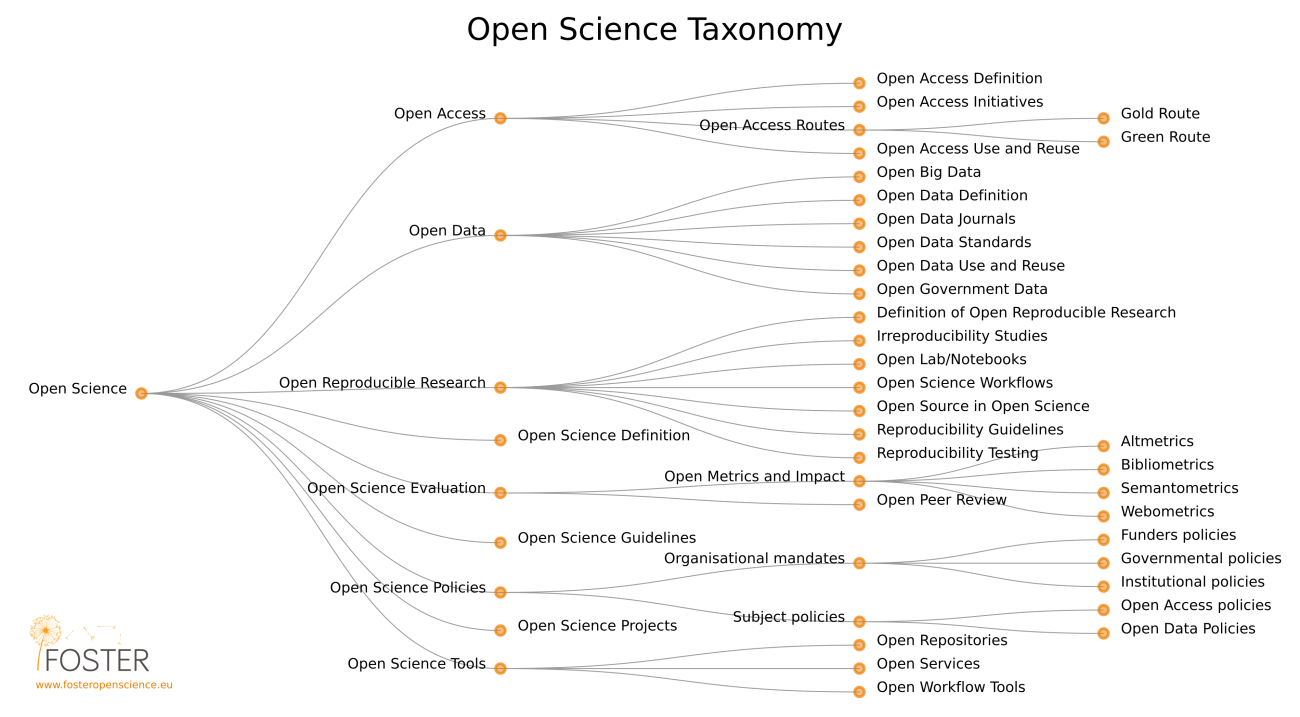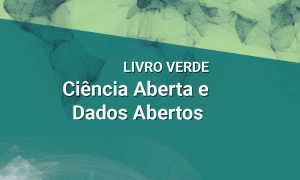The role of science for development and quality of life alongside technological progress has always been an important issue. In the last decade, the scientific community, especially funding agencies, have been raising critical questions about how investments in science may contribute more effectively to the development of more equitable and sustainable societies. As a background for this discussion, the debate on limitations of current models of management and evaluation of research and teaching on guiding science to generate benefits for society that go beyond advances in scientific knowledge. The slogan of the European Community Research Program – Horizon2020, “for ‘the best science for the world’ and not just ‘the best science in the world’” expresses well this perception. The present research evaluation model induces quality science to be oriented towards a productivist logic based on quantitative metrics of scientific output. The debate on the misuse of bibliometric indicators and the need to expand the way of monitoring and evaluating science is expressed in recent manifestoes organized by the global scientific community, such as the Leiden Manifesto (2014 STI Conference), the San Francisco Declaration on Research Assessment (DORA, 2012), and the Slow Science manifesto (2010 Slow Science Academy), among others. In Brazil, this debate has revolved around the Qualis system, which, in most areas of evaluation, simply transfers journal performance metrics, including the Impact Factor, as a measure of research assessment.
Three other issues related to research communication that feed this debate refer to the need to improve the mechanisms that ensure the reproducibility of research results, the need to accelerate the communication of results openly through preprints and the question of ethics on research and its communication.
All of these issues are fostering new, more open, transparent and collaborative modes of organization of research that impact the entire knowledge production and assessment chain that together form the Open Science movement, which presupposes openness and sharing of all the scientific process. In this perspective, Open Science promotes access not only to the research results in the form of publications, but also to the data used as source or collected in the research, the opening of the research notebooks, citizen participation as a knowledge producing subject, among other mechanisms that aim to reinforce societal impact and scientific social responsibility. The set of these new practices is systematized in the Open Science Taxonomy1, elaborated by the Facilitate Open Science Training for European Research.
 Source: Open Science Taxonomy, FOSTER
Source: Open Science Taxonomy, FOSTER
Among the set of practices and initiatives contemplated by Open Science, the opening of research data is the one that is most advanced, noting a global effort in the creation of infrastructure and management methodologies for its publication, sharing and reuse. In this scenario, it should be highlighted that since 2017 major research funding agencies, such as Wellcome Trust, Bill and Melinda Gates Foundation and Horizon 2020, require from the projects they finance the formulation of Data Management Plans.
In Brazil, although there are no mandatory national public policies not even regarding open access, initiated some 15 years ago and consolidated globally, important initiatives of some funding agencies such as Fundação de Amparo à Pesquisa do Estado de São Paulo’s (FAPESP, São Paulo State Research Foundation), which has the Data Management Plan as a requirement of some of its call for proposals, as well as other initiatives of research institutes and universities. Fiocruz instituted its Open Access to Knowledge Policy in 2014, which is mandatory for articles, theses and dissertations and will launch a set of recommendations aimed at guiding the opening of research data in 2018, in a responsible manner, observing the different ethical, legal and regulatory requirements that may represent a need for confidentiality.
The main benefits of research data openness are well known: to enable verification and replication of original results of published research, with reproducibility being considered as the most efficient peer review of all, and reuse of data in new research, reducing the costs of data collection, especially in publicly funded research.
In the health area there is a strong discussion on the use of large databases with processes of linking data of different nature, for example administrative data and scientific data, as essential sources in knowledge production. The idea of a research increasingly dependent on the access and use of a large volume of data is related to the understanding of health as an applied and interdisciplinary field of research. The World Health Organization’s2 own expanded concept of health assists in understanding the need to use data from diverse sources, including public health care services, in the production of knowledge that subsidizes public policymaking. Another relevant aspect in the health area concerns the legal frameworks that impact access and disclosure of data, as well as the imposition of confidentiality restrictions. In this legal framework, it deserves to be highlighted the protection of sensitive data, guaranteeing the preservation of citizens’ privacy.
The recent confrontation in Brazil of the three-pronged sanitary emergency (Zika, Dengue and Chikungunya) and yellow fever demonstrated the potential for data openness and fast track access to research results as elements that contributed strongly for the rapid confirmation of the relationship between zika virus and microcephaly epidemic.
The appropriation of Open Science as a new model of research management is a challenging issue for Fiocruz. As a strategic public institution of the Brazilian State, acting in the field of Public Health in the promotion of the population’s health, reducing inequalities and social inequities, consolidating and strengthening the Sistema Único de Saúde (SUS, Unified Health System), elaborating and improving public health policies, Fiocruz seeks to understand the formulation of an institutional policy on the possibilities, limits, challenges, potential damages and iniquities generated by the opening of data in interdisciplinary research on health determinants. With this objective, it has elaborated a matrix of strategic actions that will be implemented in the next years, which includes the definition of principles and institutional guidelines that favor the opening of data, the development of studies, application of Open Science practices in pilot projects and community empowerment in Open Science and Data Management.
A first product of the studies that is being developed is the “Livro Verde – Ciência aberta e dados abertos: mapeamento e análise de políticas, infraestruturas e estratégias em perspectiva nacional e internacional“3 that systematizes the experience of eight countries and the European Union in the promotion and implementation of open scientific data. The work is the result of a research developed by Fiocruz‘s Open Science Working Group (Grupo de Trabalho em Ciência Aberta da Fiocruz, GTCA4), established in March 2017 and coordinated by the Vice-Presidency of Education, Information and Communication (VPEIC), with funding from the Ministry of Health through the project “Long-Term Surveillance Platform for zika virus and microcephaly on the framework of SUS”, of the Centro de Integração de Dados e Conhecimento para a Saúde (Cidacs) The results indicate: a) the adoption of open science as a public policy by many states; b) the possible intersections between Open Government and Open Science, especially relevant in the field of health; c) the strategic role of funding agencies and funders in establishing mandatory policies for research data management plans; d) increasing investments in the creation of infrastructures, services and training of human resources; e) the need for discussions on issues such as the governance of a new scientific system; the viability of new practices and the demand for new evaluation and credit systems on the production of scientific knowledge.
Despite the fact that Brazil is a world leader in open access publishing, the challenge of implementing an institutional open data policy in an institution such as Fiocruz requires much more effort when there is no favorable environment in the country that transmits security and support researchers and institutions to move forward. We lack public policies, national infrastructures for data sharing, establishment of standards, capacity building of the scientific community, use of metrics for research evaluation aligned with Open Science, important gaps in the legal framework, such as a Privacy Act, among other aspects.
In this scenario, initiatives such as the adoption of good practices of open science research communication in the SciELO Brazil Collection and new research calls from FAPESP that require data management plans represent important advances and achievements. It is also in this context that Fiocruz hopes to contribute to the reflection on the importance and the opportunity of adopting Open Science practices in Brazilian science, considering not only its trajectory, but, especially, the moment of economic and political crisis and the need to rethink creative solutions involving the contribution of science in the building of the country. Central issues in the Open Science debate, such as overcoming scientific inequality between countries, the opportunity to develop a higher quality science through collaborative practices, should be part of the Public Health research agenda, which generates results in the form of new protocols, policy formulation, training of human resources, among other benefits to society, as an integral part of the advances in knowledge.
Notes
1. Open data [online]. FOSTER [viewed 21 May 2018]. Available from: https://www.fosteropenscience.eu/foster-taxonomy/open-data
2. In 1948, the WHO established the definition of health as “state of complete physical, mental and social well-being and not merely the absence of disease or infirmity”.
3. SANTOS, P.X., et al. Livro Verde – Ciência aberta e dados abertos: mapeamento e análise de políticas, infraestruturas e estratégias em perspectiva nacional e internacional. Rio de Janeiro: Fiocruz, 2017 [viewed 21 May 2018]. Available from: http://www.arca.fiocruz.br/handle/icict/24117
4. GTCA is coordinated by Paula Xavier dos Santos, Coordinator of Information and Communication of VPEIC, and it is constituted by professionals from several units at Fiocruz: Ana Beatriz Aguiar (VPEIC), Ana Maria Neves Maranhão (ICICT), Anne Clinio (VPEIC), Bethânia de Araujo Almeida (IGM), Flávia Tavares Silva Elias (GEREB), Ivone Sá, (COC), Jaqueline Gomes de Oliveira (VPEIC), Márcia Luz da Motta (GEREB), Maria de Fátima Moreira Martins Correa (VPEIC), Patrícia Correa Henning (VPEIC), Paulo Cezar Vieira Guanaes (EPSJV), Raíza Tourinho dos Reis Silva Lima (CIDACS), Vanessa de Arruda Jorge (INCQS) and Viviane Veiga (ICICT).
References
Open data [online]. FOSTER [viewed 21 May 2018]. Available from: https://www.fosteropenscience.eu/foster-taxonomy/open-data
PEREIRA, C. Entrevista de Celina Turchi: “Tenho orgulho da ciência brasileira” [online]. Istoé. 2016 [viewed 21 May 2018]. Available from: https://istoe.com.br/tenho-orgulho-da-ciencia-brasileira/
SANTOS, P.X., et al. Livro Verde – Ciência aberta e dados abertos: mapeamento e análise de políticas, infraestruturas e estratégias em perspectiva nacional e internacional. Rio de Janeiro: Fiocruz, 2017 [viewed 21 May 2018]. Available from: http://www.arca.fiocruz.br/handle/icict/24117
External links
Paula Xavier <http://lattes.cnpq.br/6009557381797720>
About Paula Xavier
Paula Xavier dos Santos holds a Ph.D. in Information Science (Ibict/UFRJ). She is Coordinator of Information and Communication at Fiocruz and is linked to the graduate Program in Information and Communication in Health at the Instituto de Comunicação e Informação Científica e Tecnológica/Fiocruz). Paula Xavier currently coordinates the Fiocruz Open Science working group and the Fiocruz Observatory on Science, Technology and Innovation in Health, an instrument for monitoring and evaluating the societal impacts of research.
Translated from the original in Portuguese by Lilian Nassi-Calò.
Como citar este post [ISO 690/2010]:


















Read the comment in Spanish, by Javier Santovenia Diaz:
https://blog.scielo.org/es/2018/05/21/fiocruz-frente-al-desafio-de-la-ciencia-abierta-en-favor-del-desarrollo-y-de-la-salud-publica/#comment-41593
Read the comment in Portuguese, by Patricia Bertin:
https://blog.scielo.org/blog/2018/05/21/a-fiocruz-frente-ao-desafio-da-ciencia-aberta-em-prol-do-desenvolvimento-e-da-saude-publica/#comment-32953